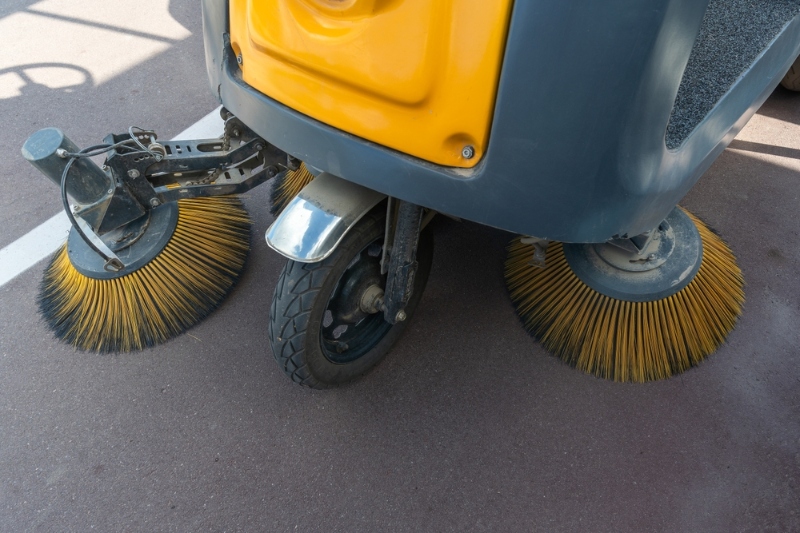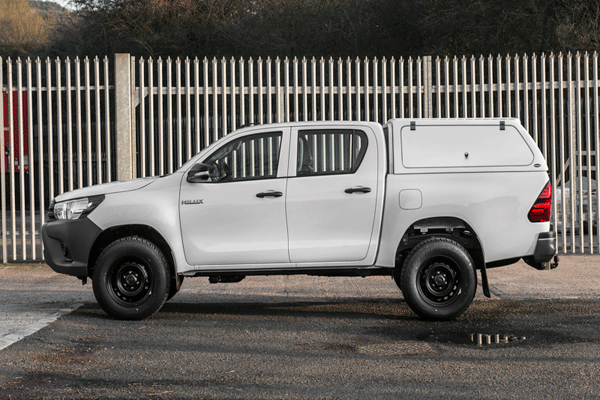Time spent refuelling will become a critical issue for public sector vehicles, according to The Fuelcard People.
Steve Clarke, group marketing manager, has highlighted an overlooked challenge in the rising use of LCVs. And he says there will be consequences for everyone from the expected doubling of LCVs during the next five years.
'Moving the same loads in smaller vehicles means more traffic but that is only the tip of the iceberg - there will be a real effect on public sector vehicles,' he said.
'Vans refuel more often than trucks covering the same journeys, which means higher forecourt demand and queues. The longer that it takes drivers to refuel, the worse it becomes. Unless everyone gets in and out quickly, there will be queues before the pumps and bottlenecks rejoining the road.'
'A constant stream of vehicles trying to feed back onto the carriageway means that other drivers have to slow down or move over. Both lead to congestion and, possibly, sudden braking. That is a potential hazard. If vehicles are unable to leave the exit slipway, traffic will back up right through the filling station and cause queues before it.'
'You would expect the leading name in fuel cards to have an obvious interest in this but the facts are simple. There will be another 2.5 million vans on our roads by 2020, so getting vehicles of all sorts through forecourts as quickly and efficiently as possible will be crucial. If they are using fuel cards and saving money at the same time, that can hardly be a bad thing.'
The Fuelcard People provides cards that allow public sector and commercial road users to refuel at a fixed weekly price, available at thousands of locations throughout the country. Its cards can be used at BP, Esso, Shell and Texaco filling stations on the Diesel Direct and UK Fuels networks and on supermarket forecourts.






